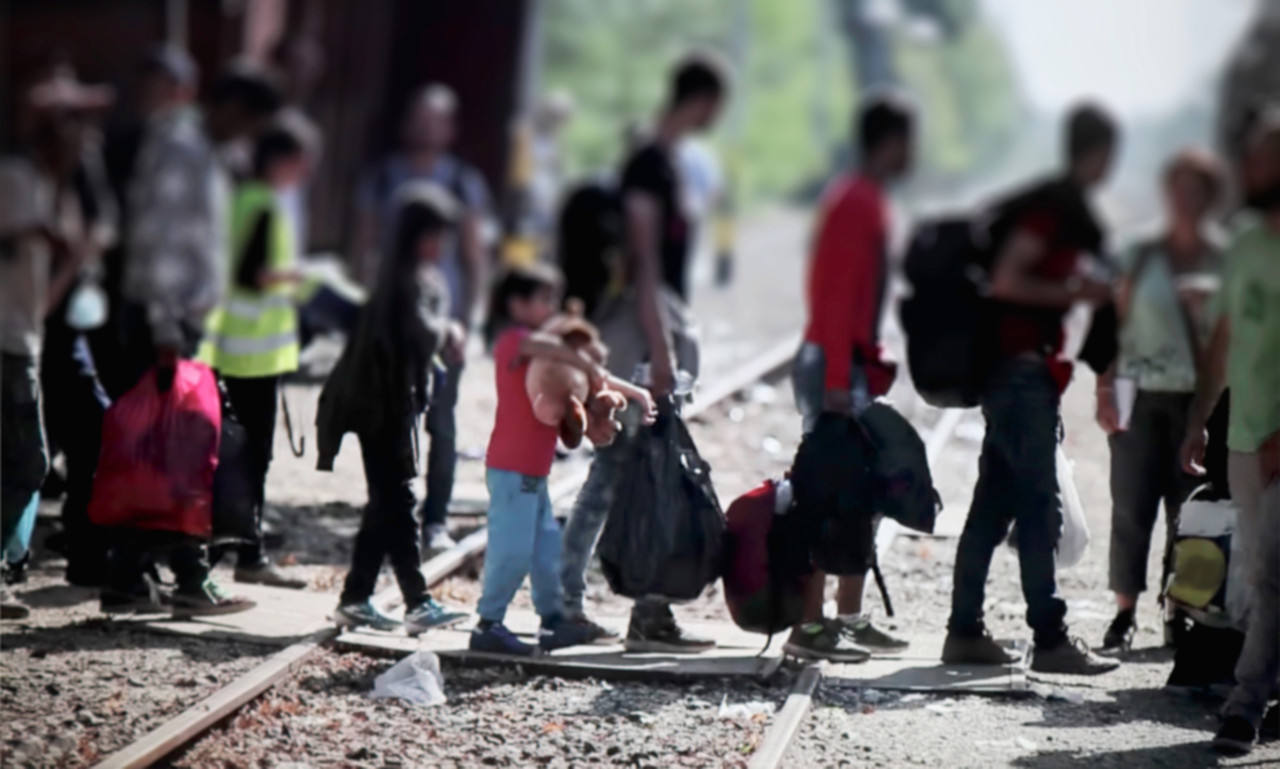According to , out of the 1,295 asylum seekers applying for residency in Luxembourg in 2020, 420 were under the age of 15, and 80 between 15 and 18. A total of 50 unaccompanied minors applied to stay in the grand duchy. The country’s foreign minister Jean Asselborn (LSAP) in April last year who had been staying in refugee camps in Greece.
568 of the children granted a first residency permit in the country were under the age of 5.
Luxembourg was among the highest in terms of population alongside Sweden--where 1,136 per 100,000 inhabitants under 15 were recipients--Slovenia (1,109) and Portugal (893). But Germany handed out a total of 44,400 of the 211,000 permits issued to non-EU children in Europe over the last year. Spain (43,400) and Italy (31,500) completed the podium in terms of total first permit recipients coming to reunite with their family.
Asselborn frequently speaks on the importance of taking in refugees, for example during . Luxembourg is amid the EU countries with the highest positive outcome for asylum seekers. Last year alone, 315 out of 400 first instance decisions on applications had a positive outcome for refugees to the grand duchy.
In recent news, Luxembourg has also vowed to the United Nations High Commissioner for Refugees (UNHCR) over the 2022-2025 period.
Like 96,000 children elsewhere in the EU, 237 children received first permits in Luxembourg for other reasons, such as international protection.
